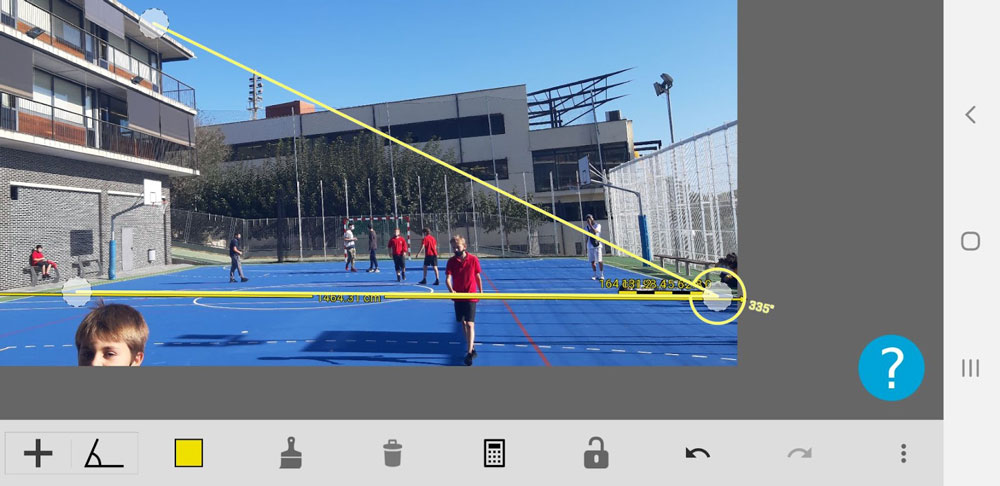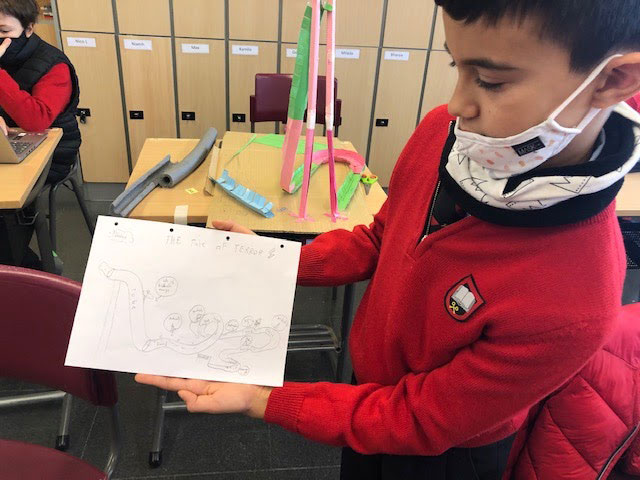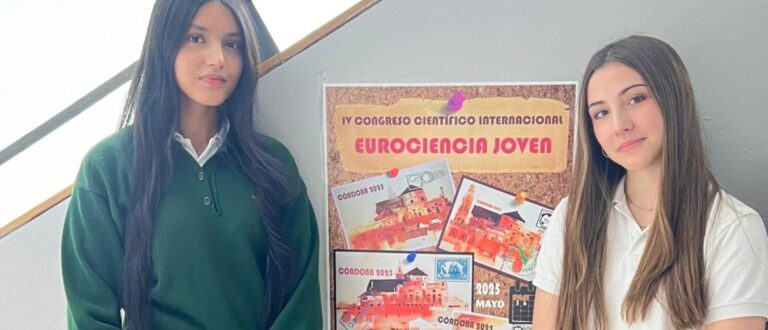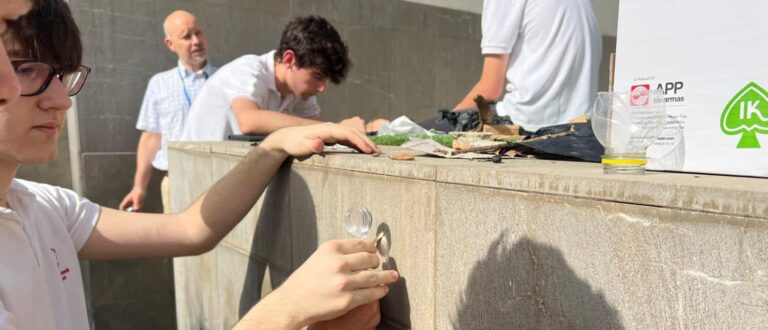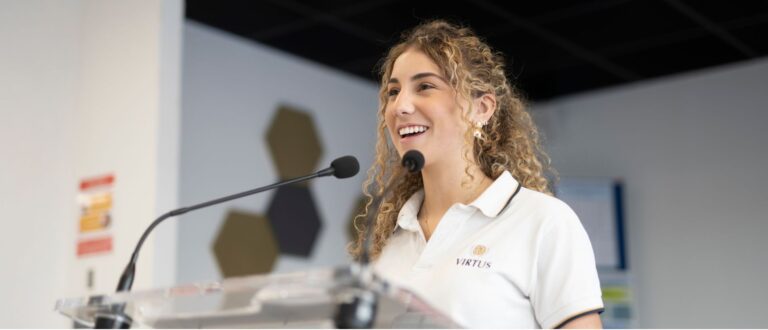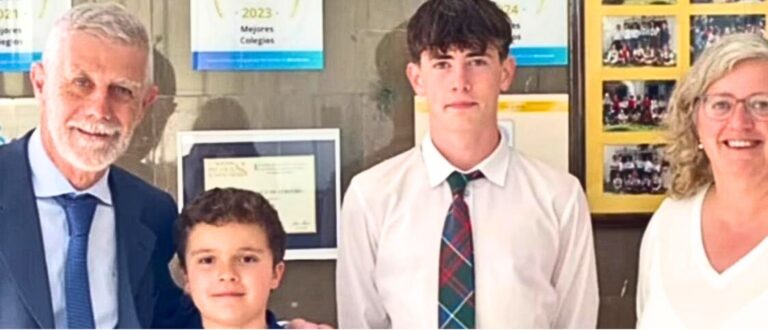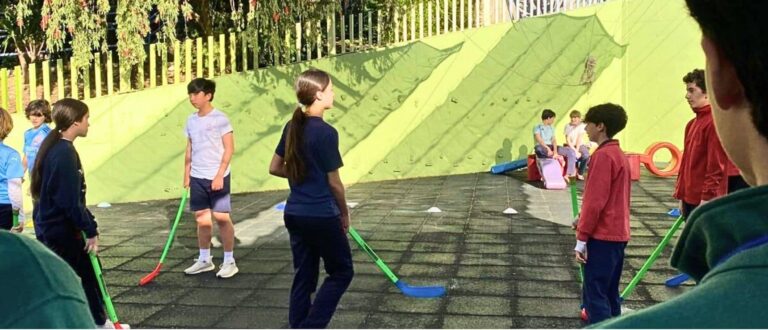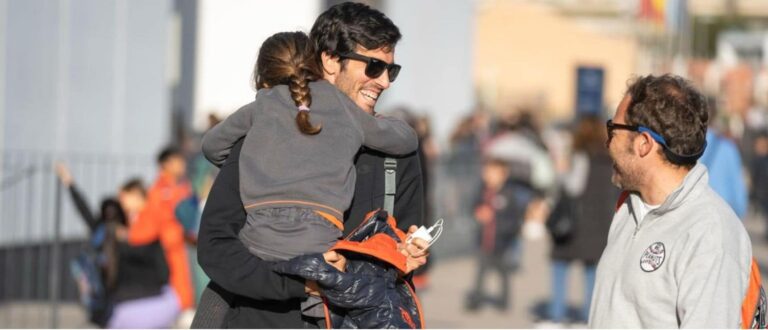The current pandemic has been witness to the emergence of scientific breakthroughs such as the use of mRNA technology to develop the covid vaccine and its potential for fighting other illnesses such as HIV and cancer. On the other hand, fear and panic, relatable feelings during these uncertain times where our lives have drastically changed beyond our comfort zones, have inclined many to be intrigued by simplistic explanations of our reality, which often lack any scientific evidence.
At St. Peter’s School Barcelona, scientific literacy is a core skill that every student strives to achieve. Student led investigations are at the forefront of our teaching methodology. “Our perceptions come from the inside out just as much as, if not more than, from the outside in”, says Anil K. Seth, professor of cognitive and computational neuroscience of Sussex in England. To help our students think scientifically, we encourage them to use their research and investigation skills not only in the confines of a classroom but in their daily lives by promoting science-related events in the city, inviting scientists to explain the implications of their research, or tinkering in their homes or gardens.
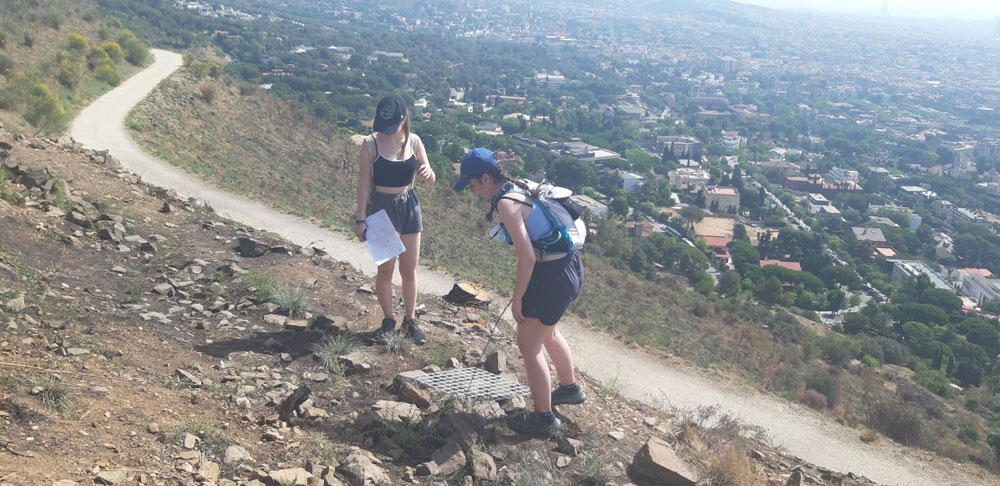
We teach our students that science does not have all the answers, and for this reason, scientific progress and innovation is able to take place. We all have to learn the steps of the scientific method in school, which can often seem mundane, but is a pillar for enabling students to think scientifically and believe in claims that are based on peer-reviewed evidence. This way of thinking about the world around us has short-term and long-term benefits not only individually but in society as a whole.
By Pat Maragos, Science Teacher at St. Peter’s School Barcelona

